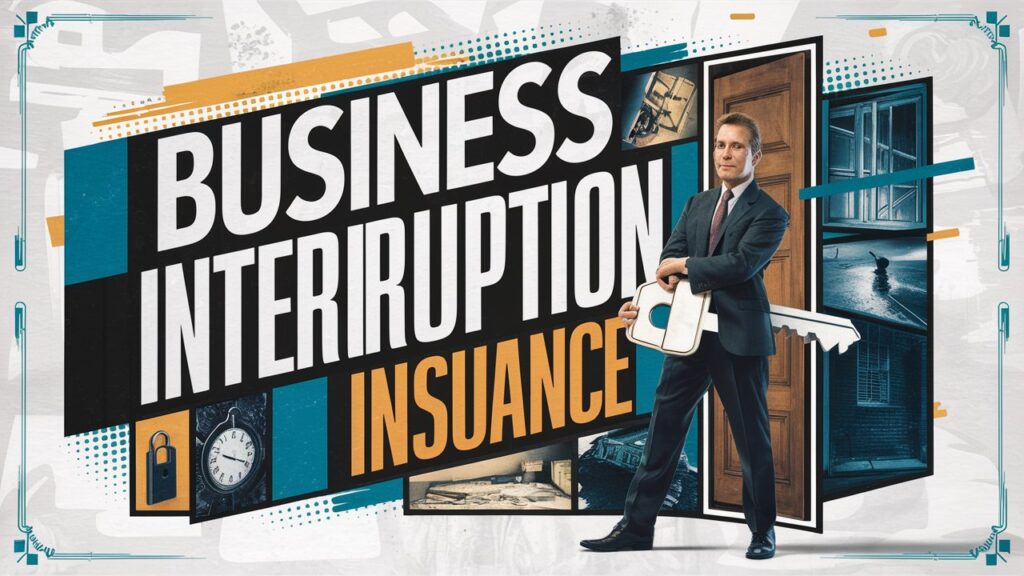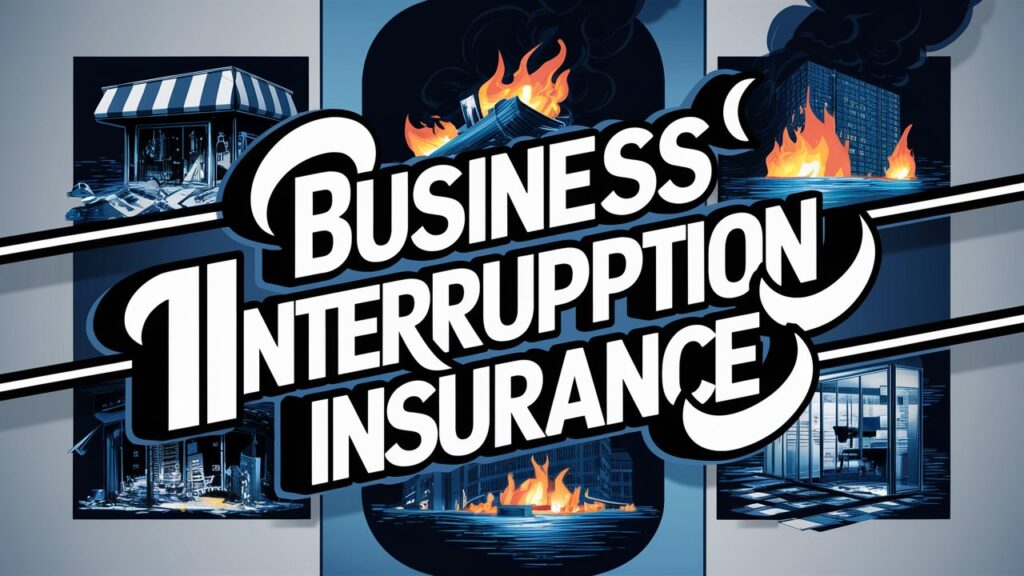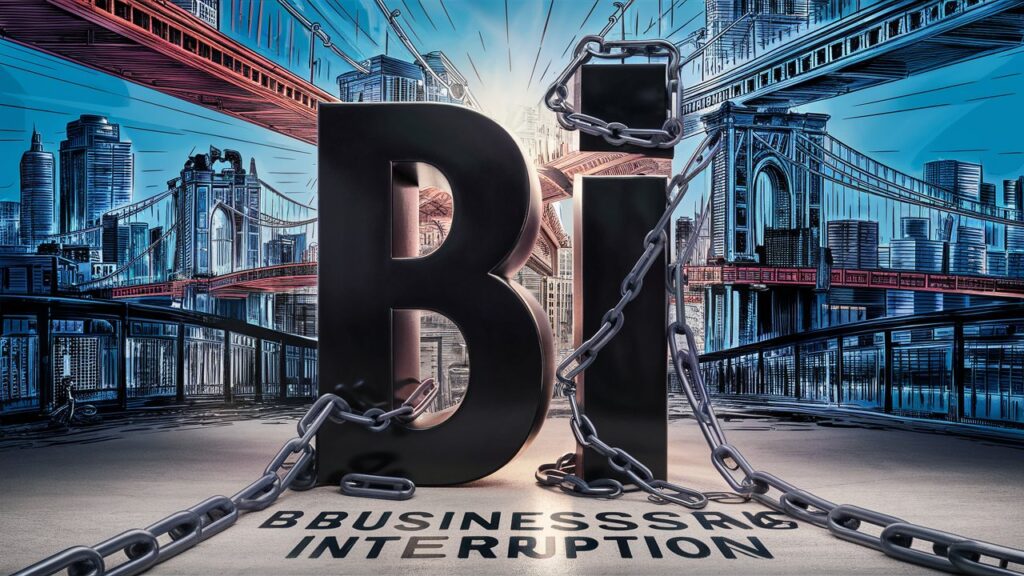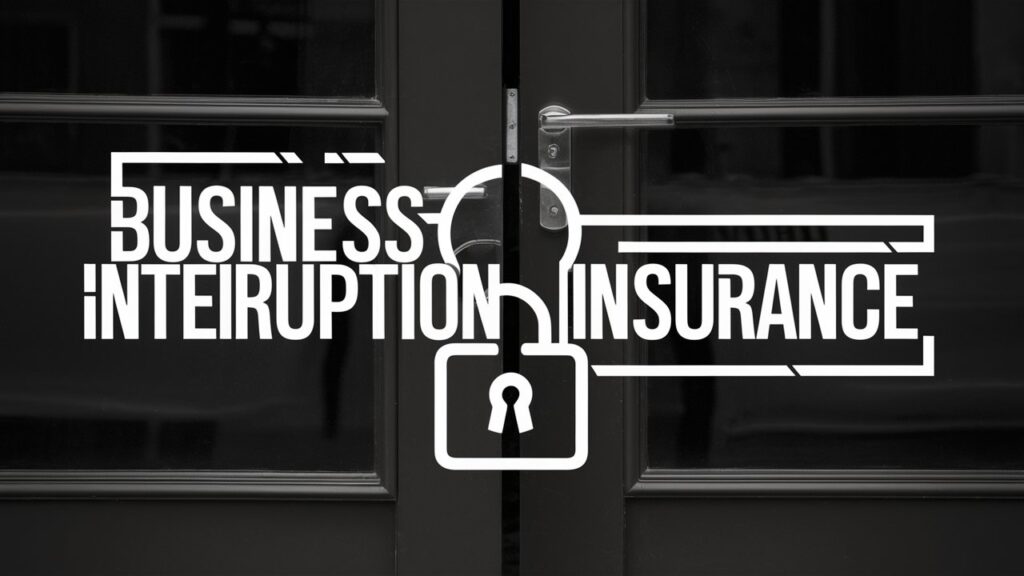Business Interruption Insurance (BII) shields businesses from financial losses when operations are disrupted by unforeseen events like natural disasters or pandemics. It ensures continuity by covering lost income and essential expenses, offering vital financial protection in times of crisis.
Introduction
Business Interruption Insurance (BII) is a crucial component of risk management for businesses of all sizes, offering financial protection against the unexpected halts in operations due to various perils. Whether it’s a natural disaster, fire, or a global pandemic like COVID-19, BII steps in to cover the loss of income and additional expenses incurred during the period of interruption.
Understanding the nuances of BII can empower businesses to navigate disruptions with greater resilience and financial security. In this comprehensive guide, we delve into the essentials of Business Interruption Insurance, exploring its benefits, coverage options, claim processes, and considerations for businesses looking to safeguard their continuity.
What is Business Interruption Insurance?
Business Interruption Insurance (BII), also known as Business Income Insurance, is designed to compensate businesses for lost income and operating expenses when their operations are disrupted due to covered perils. These disruptions can arise from events such as natural disasters (e.g., hurricanes, earthquakes), fires, equipment breakdowns, or civil disturbances.

The primary aim of BII is to enable businesses to recover financially from the impact of such interruptions by covering ongoing expenses and mitigating the loss of revenue during the downtime.
Importance of Business Interruption Insurance
Protecting Revenue Streams
One of the most significant advantages of BII is its ability to protect a business’s revenue streams during periods of forced closure or reduced operations. This coverage ensures that even when a business cannot operate at full capacity due to unforeseen circumstances, it can still cover essential expenses and maintain financial stability.
Coverage Beyond Physical Damage
Unlike property insurance, which primarily covers physical damage to buildings and equipment, BII extends coverage to the financial losses incurred due to business interruptions. This makes it a vital component of a comprehensive risk management strategy, addressing the financial implications of downtime that may not be covered by other policies alone.

Safeguarding Against Unforeseen Events
Business Interruption Insurance is particularly valuable in mitigating the risks posed by unpredictable events such as natural disasters or pandemics. These events can severely disrupt operations, leading to substantial revenue losses and operational challenges. BII provides a safety net that allows businesses to weather such crises without facing severe financial setbacks.
Types of Business Interruption Insurance Coverage
Gross Profit Insurance
Gross Profit Insurance is the most common form of BII coverage, reimbursing the insured for the loss of gross profit that would have been earned if the business had been operating normally.
It typically covers net profit or loss of revenue, ongoing expenses such as rent and utilities, and additional costs incurred to minimize the interruption’s impact.

Profits Form Insurance
Profits Form Insurance focuses specifically on reimbursing the insured for the loss of net profit or revenue during the interruption period.
This type of coverage excludes certain fixed expenses and focuses more narrowly on the financial losses directly related to the disruption of business operations.
Extra Expense Insurance
Extra Expense Insurance covers additional costs that a business may incur to continue operations or expedite the restoration of normal business activities during an interruption.
This can include expenses related to relocating to a temporary facility, renting equipment, or hiring additional personnel to mitigate the effects of the interruption.
Key Considerations When Choosing Business Interruption Insurance
Coverage Limits and Period
It’s crucial for businesses to carefully evaluate the coverage limits and the maximum indemnity period offered by BII policies.
The indemnity period should be sufficient to cover the time required for the business to recover and resume normal operations without financial strain.
Covered Perils and Exclusions
Understanding the specific perils covered under a BII policy is essential. While most policies cover common risks like fire and natural disasters, businesses should review the list of exclusions to ensure they are adequating protected against potential disruptions specific to their industry or location.
Calculation of Insurable Income
The method used to calculate the insurable income under a BII policy can vary. Businesses should be aware of whether the policy uses a gross profit, gross revenue, or net profit basis for determining the indemnity payable during an interruption.
Filing a Business Interruption Insurance Claim
Documenting Losses
To file a successful BII claim, businesses must meticulously document the financial losses incurred during the interruption period. This documentation should include financial statements, profit and loss statements, and records of additional expenses directly attributable to the disruption.

Notification and Claim Submission
Businesses should notify their insurance provider as soon as possible after an interruption occurs and promptly submit a detailed claim outlining the extent of the losses suffered. Timely notification and thorough documentation can expedite the claims process and ensure prompt reimbursement of covered losses.
Claims Adjustment Process
Once a claim is submitted, the insurance provider will conduct an assessment to determine the extent of coverage and the amount payable under the policy. This may involve reviewing financial records, conducting interviews, and assessing the impact of the interruption on business operations.
Conclusion
Business Interruption Insurance plays a critical role in protecting businesses from the financial repercussions of unforeseen disruptions to operations. By providing coverage for lost income, ongoing expenses, and additional costs incurred during a period of interruption, BII enables businesses to maintain financial stability and expedite the recovery process.
As businesses face increasingly complex risks and uncertainties, investing in comprehensive BII coverage can mitigate the impact of disruptions and support long-term resilience. By understanding the coverage options, claim processes, and key considerations associated with BII, businesses can make informed decisions to safeguard their continuity and protect against unforeseen events that threaten their operations.
For more details please visit our home page: Click Here

